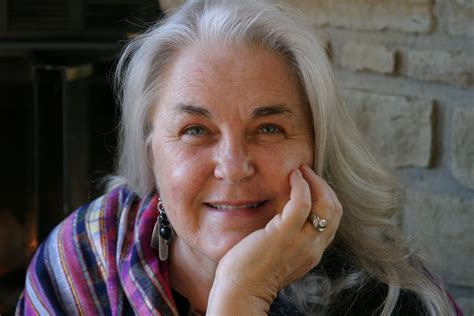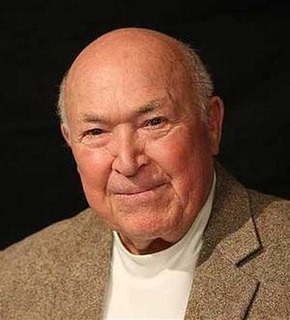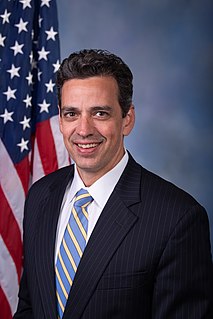A Quote by Margaret Lee Runbeck
Silence make the real conversations between friends. Not the saying, but the never needing to say that counts.
Related Quotes
Among friends one has the privilege of saying nothing; the civility consists in the assumption that one's silence will be civilly understood. I can imagine a small gathering of friends who say nothing all evening: they recoil from saying anything that the others don't want to hear; and their silence would be the subtlest courtesy.
Words stand between silence and silence: between the silence of things and the silence of our own being. Between the silence of the world and the silence of God. When we have really met and known the world in silence, words do not separate us from the world nor from other men, nor from God, nor from ourselves because we no longer trust entirely in language to contain reality.
It is very hard to live with silence. The real silence is death and this is terrible. To approach this silence, it is necessary to journey to the desert. You do not go to the desert to find identity, but to loses it, to lose your personality, to be anonymous. You make yourself void. You become silence. You become more silent than the silence around you. And then something extraordinary happens: you hear silence speak.
I could think of nothing else to say to her. In fact I could never think of anything to say to her, and I sat thinking of past painful conversations between us: How are you, Jean Louise? Fine, thank you ma'am, how are you? Very well, thank you; what have you been doing with yourself? Nothin'. Don't you do anything? Nome. Certainly you have friends? Yessum. Well what do you all do? Nothin'.
Paul points out that some say, 'I'm of Paul,' while others say, 'I'm of Apollos.' He asked, 'Isn't that carnal?' But what's the difference between saying that or saying, 'I'm a Baptist,' 'I'm a Presbyterian,' 'I'm a Methodist,' 'I'm a Catholic'? I have found that the more spiritual a person becomes, the less denominational he is. We should realize that we're all part of the Body of Christ and that there aren't any real divisions in the Body. We're all one.
She saved my life...and I’ve ruined hers. They sat in silence for a full minute, the air between them growing heavy, as if they both wanted to speak, and yet had nothing to say. They were strangers, after all, on a brief and bizarre journey that had just reached a fork in the road, each of them now needing to find seperate paths.
At some of the darkest moments in my life, some people I thought of as friends deserted me-some because they cared about me and it hurt them to see me in pain; others because I reminded them of their own vulnerability, and that was more than they could handle. But real friends overcame their discomfort and came to sit with me. If they had not words to make me feel better, they sat in silence (much better than saying, "You'll get over it," or "It's not so bad; others have it worse") and I loved them for it.
If I walk into a place, a party, say, and there's a bookshelf, I immediately gravitate toward it. Unless there's a bar. But even then, it's only a matter of a few rounds before I make my way to the bookshelf. If there are good books on it, I may never leave the spot all night. Anybody I really want to talk to is going to make his or her way to that bookshelf sooner or later, anyway, right? Books are a nexus. They start conversations, and they continue conversations, and they make people better conversationalists. I have not found this to be the case with Iron Chef, or even alcohol.
Friends can be incredible sometimes, but have you ever had a friend that can be really annoying or really mean to you? Friends shouldn't stab you in the back. Have you ever wondered if your friend has ever said stuff about you to their other friends? It gets pretty intimidating sometimes to think about that. What I'm saying is to find your friends that are real. Don't keep the ones that are fake and are just friends with you for what you have. Be strong. Don't take no for an answer. Never back down. Stand up for what you believe in. Friends are great to have, but just be cautious. (.
The tongue is a small member, but it does big things. A religious who does not keep silence will never attain holiness; that is, she will never become a saint. Let her not delude herself - unless it is the Spirit of God who is speaking through her, for then she must not keep silent. But, in order to hear the voice of God, one has to have silence in one's soul and to keep silence; not a gloomy silence but an interior silence; that is to say, recollection in God.


































